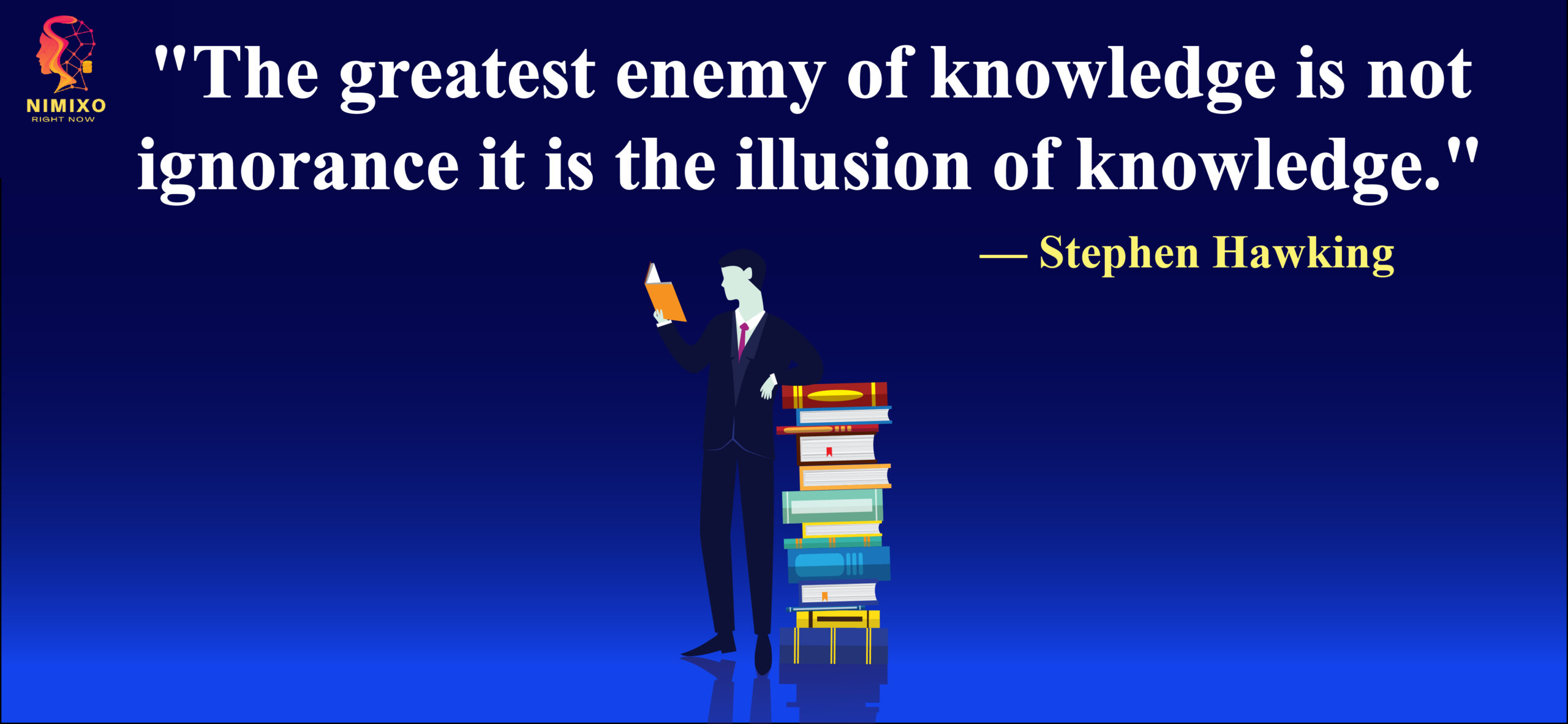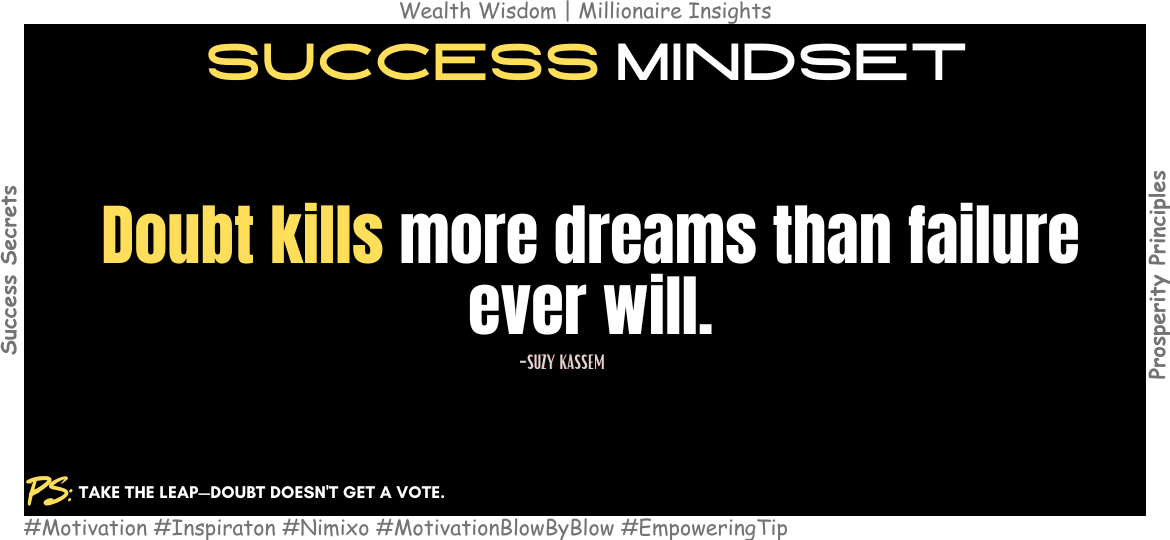The Greatest Enemy of Knowledge
As we seek knowledge, we frequently confront a paradoxical hindrance – the deceptive facade of understanding. This concept, artfully articulated by the eminent American philosopher Stephen Hawking, serves as a poignant reminder that our most formidable obstacle on the journey to wisdom isn’t lack of knowledge, but rather our baseless confidence in what we think we know. In this piece, we will dissect the profound insight embedded in this quotation and delve into its relevance for individuals of diverse backgrounds.
The Illusion of Knowledge
Picture yourself as an adventurer making your way through a thick forest. You have a map, a compass, and a determined step. Little do you know, the map is outdated, the compass is unreliable, and your confidence prevents you from realizing that you’re actually going the wrong way. This analogy vividly illustrates the deceptive nature of knowledge. It’s not about what you’re unaware of, but rather, the mistaken belief that you have everything figured out. This misconception can hinder our progress and achievements in every facet of life.
Consider the story of John, a brilliant young entrepreneur who believed he had all the knowledge needed to revolutionize the tech industry. His initial success fed his illusion of knowledge, leading him to reject valuable advice and innovative ideas from his team. This arrogance proved costly as his company’s profits dwindled, and he eventually had to humbly accept that the greatest enemy of knowledge had been his own illusion of it. It was only when he embraced his ignorance that he opened the door to true innovation and success.
Breaking Free from the Illusion
The initial stage in liberating oneself from the deceptive veil of presumed knowledge involves recognizing its presence. This self-awareness serves as a gateway to perpetual learning and personal development. It’s worth recalling that even the most exceptional intellects throughout history, such as Einstein and Hawking, wholeheartedly embraced the notion that their understanding had limits. They didn’t fall prey to the illusion; instead, they championed curiosity.
Samantha, a dedicated high school teacher, encountered her illusion of knowledge when a new teaching method was introduced. Initially resistant, she decided to explore it further. She soon realized that she had been using outdated methods for years, and her students were missing out on an engaging and effective learning experience. Embracing her own ignorance, she adapted her teaching approach, and her students’ academic performance improved significantly.
Never Stop Learning
In order to dispel the false sense of knowing it all, it’s essential to embrace a lifelong dedication to acquiring knowledge. When we halt our learning journey, we risk getting stuck. In the contemporary, swiftly changing world, where information is continually transforming, the capacity to adjust and absorb new insights is truly precious.
Consider Tom, a retiree in his 60s who made the choice to embark on a journey of learning a new language. Initially, he grappled with feelings of being inundated, but he pressed on. His experience not only expanded his perspective but also enhanced his mental faculties. By embracing the unfamiliar, he shattered the misconception that learning is limited by age, demonstrating that it knows no boundaries.
In the vast tapestry of existence, the deceptive semblance of understanding is a strand that can easily ensnare us. It obstructs our progress, obscures fresh opportunities, and hampers us from realizing our utmost potential. Education can vanquish ignorance, but the mirage of knowing can only be dispelled through modesty, self-awareness, and an enduring enthusiasm for continuous learning.
By admitting that we’re not all-knowing, by scrutinizing our own convictions, and by pursuing knowledge beyond our comfort zone, we can liberate ourselves from this delusion and ascend to new echelons of sagacity, achievement, and contentment. The passage from unawareness to enlightenment is an honorable one, but it’s the journey from illusion to authentic understanding that truly defines greatness.





